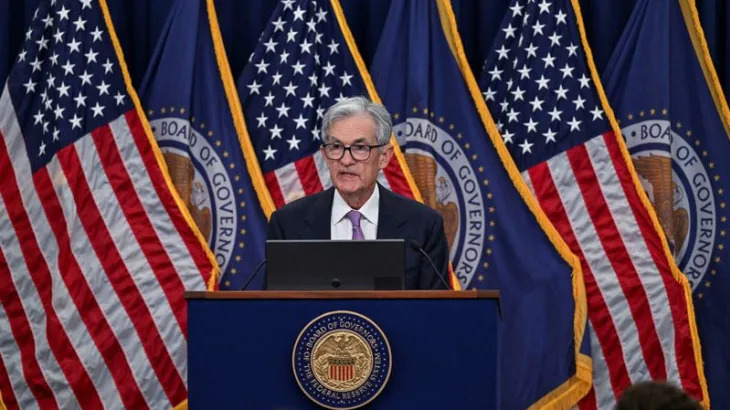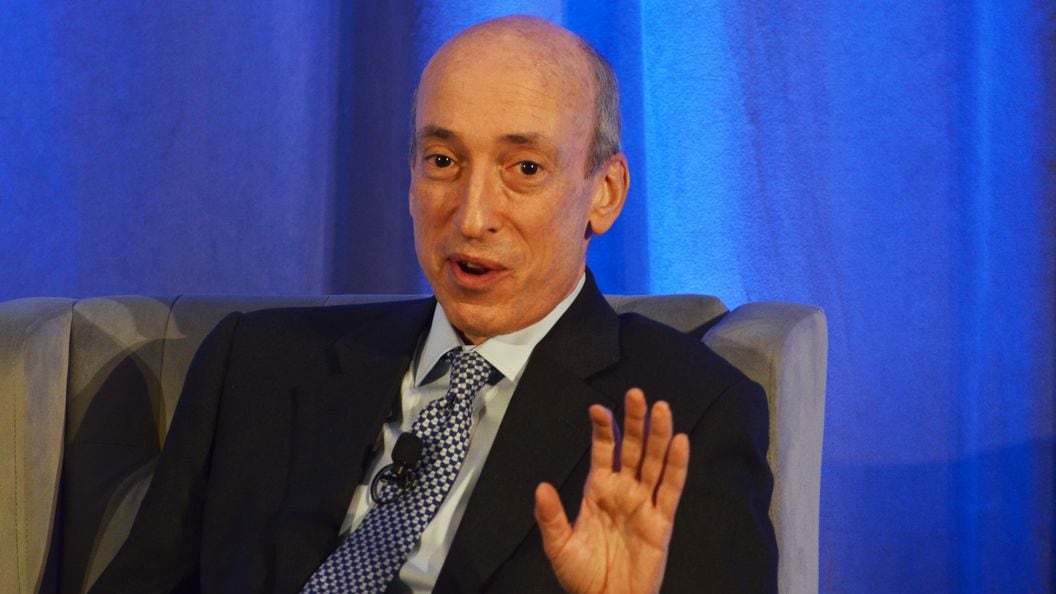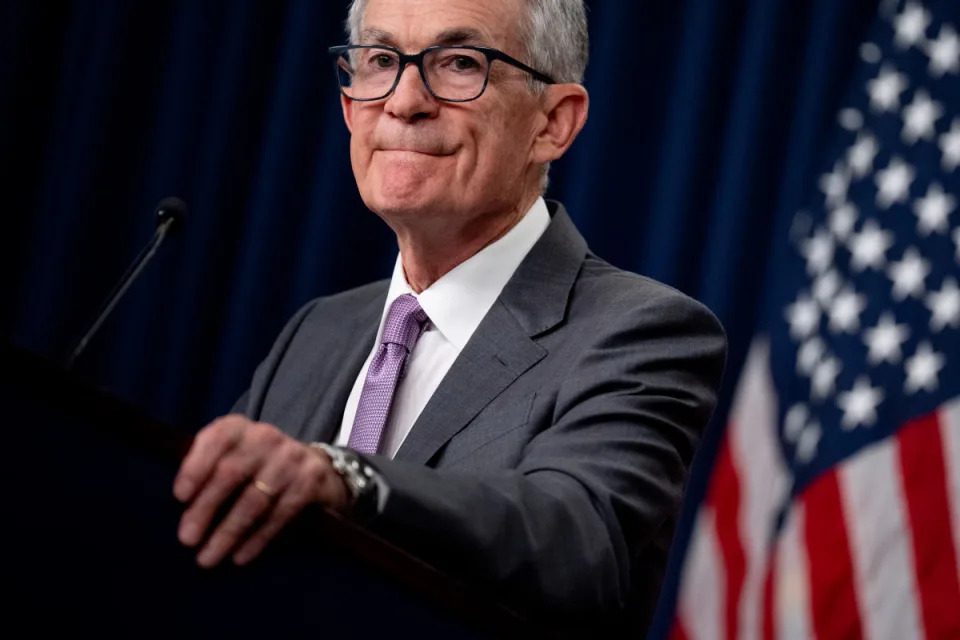(Bloomberg) -- South Korean stocks tumbled and the won approached its weakest level since 2009 following a weekend of political turmoil that left investors bracing for a period of heightened volatility.
The benchmark Kospi Index dropped 2.8%, and the small-cap Kosdaq Index slumped more than 5% to its lowest since April 2020. The won fell about 1% against the dollar, heading toward levels reached in the immediate aftermath of President Yoon Suk Yeol’s botched imposition of martial law early last week.
Investors face the risk of a prolonged stalemate after Saturday’s impeachment motion against Yoon failed. The main opposition party has said it will push quickly for another vote. While officials in Seoul are pulling out all the stops to prevent a market meltdown, uncertainties over the country’s leadership have cast a pall on sentiment.
“The possibility of the worst-case scenario for the Kospi has increased,” said Lee Kyoung-Min, a strategist at Daishin Securities Co. “Even at a small development, the Kospi can wobble because of accumulated fatigue, disappointment, extremely dented investor sentiment and supply and demand situations.”
With Yoon facing intense pressure to resign, ruling People Power Party leader Han Dong-hoon on Sunday said Prime Minister Han Duck-soo will manage the nation’s affairs while his party prepares an orderly exit plan for the president.
Opposition lawmakers slammed the decision as unconstitutional and thousands took to the streets to protest.
The standoff couldn’t have come at a worse time for local markets. The Kospi gauge and the won were among Asia’s worst performers this year even before the martial law fiasco.
Investors were pinning their hopes on the country’s leadership to navigate an uncertain global trade environment following Donald Trump’s election win. The “Value-Up” initiative — a program to improve corporate governance and shareholder returns — was also in need for a stronger push to reinvigorate the flagging stock market.
While top economic and financial officials have been meeting almost on a daily basis to ease investor jitters, there’s a big question over who’s in charge of Korea. The Justice Ministry banned Yoon from traveling overseas as a series of probes emerge against the embattled president over his brief declaration of martial law.
“In addition to the prospect of a prolonged constitutional crisis, markets will have to deal with uncertainties related to the legality of the new arrangement put forward by the ruling party and the government’s ability to deal effectively with the incoming Trump administration,” said Homin Lee, senior macro strategist at Lombard Odier.
Financial authorities will mobilize “every possible measure” to minimize the impact on the economy and will closely monitor its financial markets around the clock, according to a joint ministerial statement on Monday morning. They plan to launch a 300 billion won ($209 million) fund next week to buy “Value-Up” stocks to help shore up the market, while continuing to deploy the earlier 200 billion won fund.
The 10 trillion won stock stabilization fund is ready to be mobilized “immediately” when needed, the statement said.
While the fund will attempt to turn around investor sentiment, the size won’t be enough to quell market fear, according to Jung In Yun, chief executive officer at Fibonacci Asset Management Global Pte.
Korea’s currency has crept lower in the days following Yoon’s shock declaration of martial law on Tuesday, a decision he reversed within hours after parliament unanimously rejected it.
The won has lost more than 2% against the dollar as the political drama unfolded, the only emerging-Asian currency to fall against the greenback. Further losses will see the currency reach levels unseen since 2009.
Goldman Sachs Group Inc. said it maintains a below-consensus growth forecast of 1.8% in 2025 for Korea, with “risks increasingly skewed to the downside,” according to a note by economists including Goohoon Kwon.
Weakening pressures for the won could be reduced by a rebalancing of the National Pension Service’s portfolio toward under-weighted domestic securities from foreign-assets, they added.
--With assistance from Matthew Burgess and Winnie Hsu.
(Updates with latest market moves, political development)






